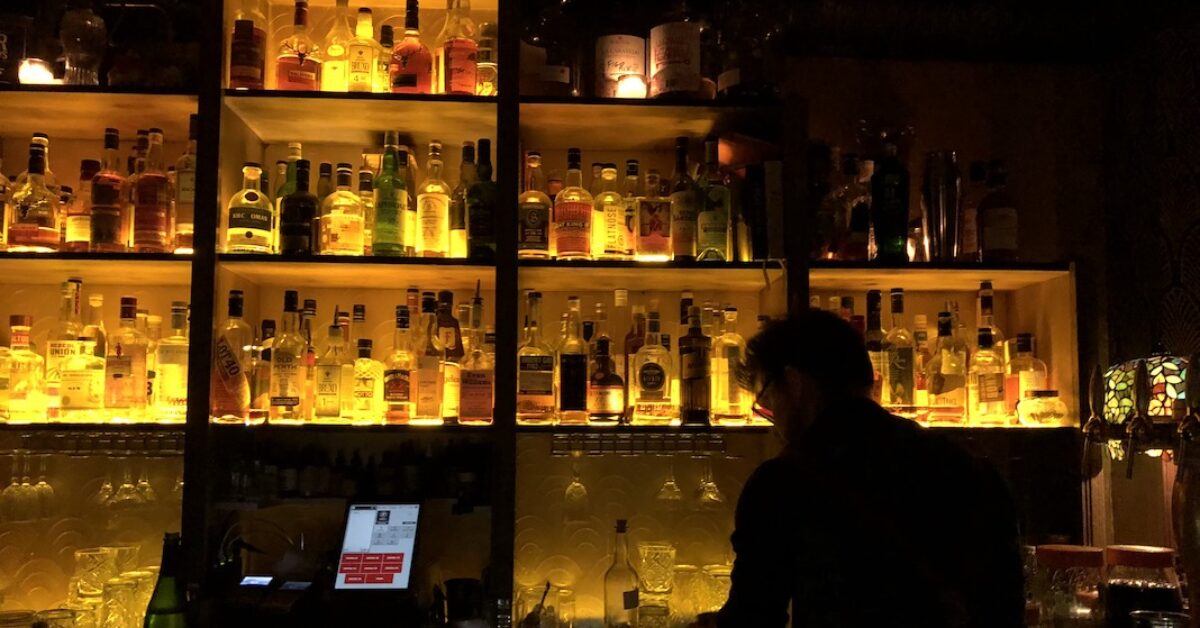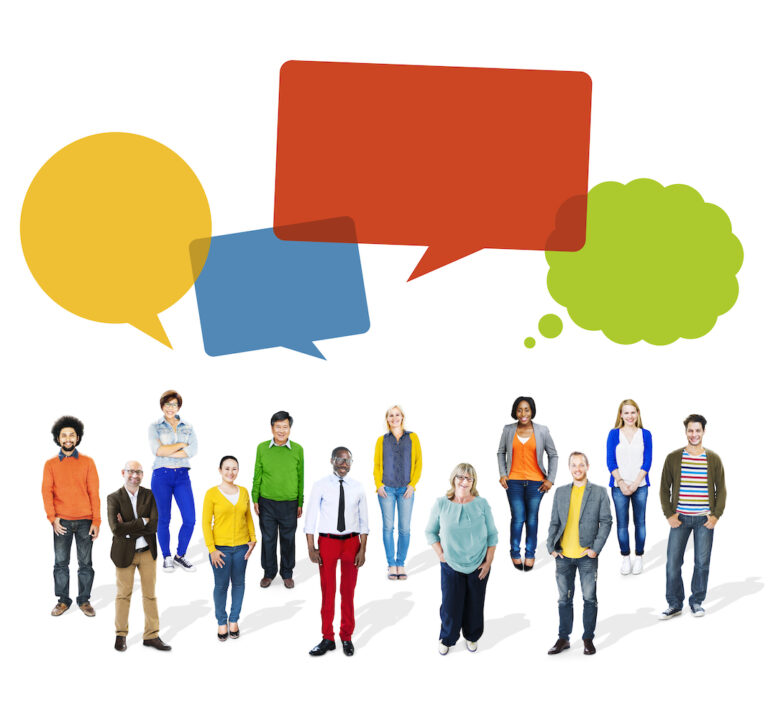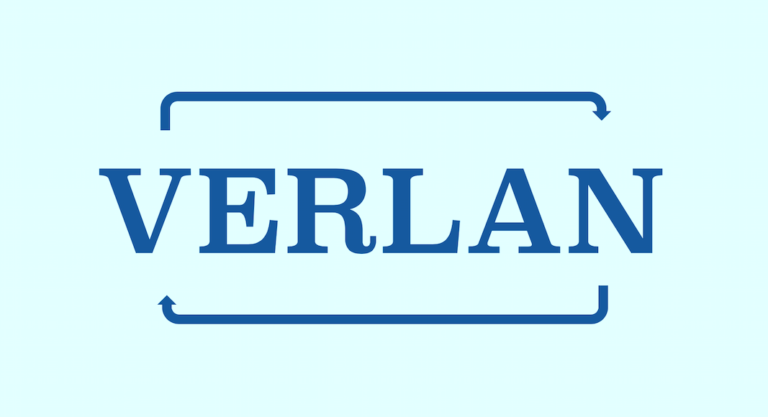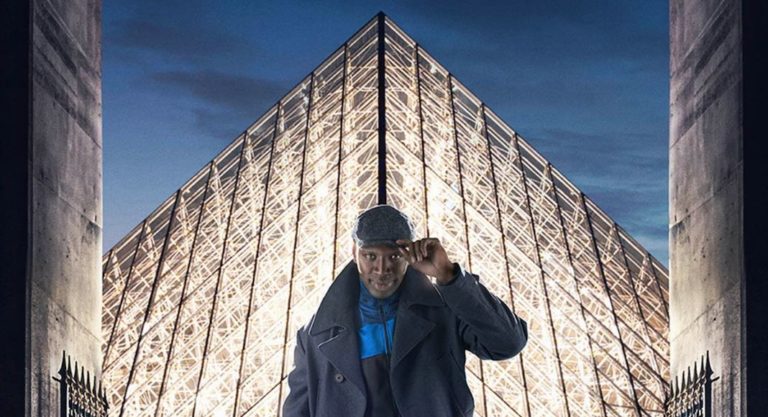New to France and trying to get out on the town? Worry not — here’s a comprehensive list to surviving a French bar, café, or club.
1. Prendre un verre
To have a drink. Je vais prendre un verre de vin rouge, s’il vous plaît. This is also an important phrase for the late afternoon when hostesses ask “prendre un verre ou manger?” to find out if you’ll be eating or just drinking.
2. Boire un coup
To have a drink, but the more colloquial version. Je veux boire un coup après mon boulot.
3. Une tournée
A round. Laisse ton portefeuille, c’est ma tournée.
4. Santé!
Cheers! Tout le monde est prêt? Ben, santé!
5. L’apéro
The colloquial version of l’apéritif, this is a term for a pre-dinner drink (often had with some food) that will stimulate the appetite and get you in the mood for a long dinner. Je prend un pastis pour l’apéro.
6. Vin rouge / vin blanc
Red wine/white wine. C’est merveilleux, ce verre de vin rouge.
7. Une carafe / une bouteille
As in the U.S., you can order wine at a bar by the carafe (typically a half-bottle), or by the bottle. Est-ce que vous voulez une carafe ou une bouteille de vin? You’ll also need “une carafe” to ask for “une carafe d’eau plat” (a jug of tap water) so you don’t end up paying extra euros for bottled or sparkling water.
8. Une bière pression
Draft beer. Ils n’ont pas de bière pression, juste des bouteilles.
9. Une pinte / un demi
A pint/a half-pint. Don’t forget that pinte is pronounced the French way, with an “ee” sound instead of an “i” sound. Je voudrais un demi de Stella.
10. Une bière brune / blonde / blanche
Stout/lager/belgian wheat. Since France isn’t big on beer, they don’t divide beer into as many varieties as in the US. The big three are brune, blonde, and blanche (brown, blond, and white), unless you’re at a craft beer place like Le Super Coin in Paris. Excusez-moi, cette bière, c’est une blonde ou une blanche?
11. Pompette / ivre / bourré(e) / saoul(e) / déchiré(e)
Drunk. Pompette is tipsy, but like cute wine tipsy sort of like a mom whose had one too many glasses of Chardonnay. Ivre and saoul(e) are more formal words for drunk, and probably what you’d use to explain a really bad night to a police officer. But if you’re speaking among friends you’d say bourré(e), which literally means “stuffed.” Déchiré(e), which means “ripped” or “torn,” is the equivalent of someone being totally plastered. Regarde ce mec qui danse sur la table, il est completement bourré.
12. La gueule de bois
Hangover. Gueule is a phrase that doesn’t really translate into English, meaning face or mouth depending on the situation. This phrase literally translates to “a wooden face,” a sensation anyone who’s experienced a hangover will surely recognize. Il est malade? Non, il a la gueule de bois.
13. Une boîte
A club. Though the club scene in France (even in Paris) is a bit lacking, there are a few gems like Concrète and Nouveau Casino, as long as you like all-night electronic vibes. Tu veux aller en boîte ce soir? DJ DRK joue à Nouveau Casino.
14. Un bar
This one should be obvious. On se rencontre au bar dans le Marais ce soir.
15. Terrasse chauffée
Heated patio. i.e., something we should have more of in the US. Most French bars with outdoor seating have heaters overhead so you can enjoy the street view even in winter. Vous voulez vous asseoir à l’interieur ou dans notre terrasse chauffée?
16. Prix au bar / prix en terrasse
The price you pay being at the bar (prix au bar) instead of being seated (prix en terrasse). This distinction applies mostly to coffee, which tends to be about half the price if you sit at the zinc bar like a local might. In other words, if you’re truly a local, all you need is a quick pick-me-up on the way to work, and maybe a chat with the barista. Si vous prenez votre café au zinc, vous devrez payer le prix bar. If you want the luxury of sitting outside, you’ll need to pay the prix en terrasse.
17. L’addition
The check. Some bars or cafés will give you the check immediately after serving you, especially if it’s just a coffee or a drink. If not, you’ll have to wait while the waiter takes his third smoke break of the hour before you can flag him down. L’addition, s’il vous plaît.
Also Read: The Best Absinthe Bars in Paris






